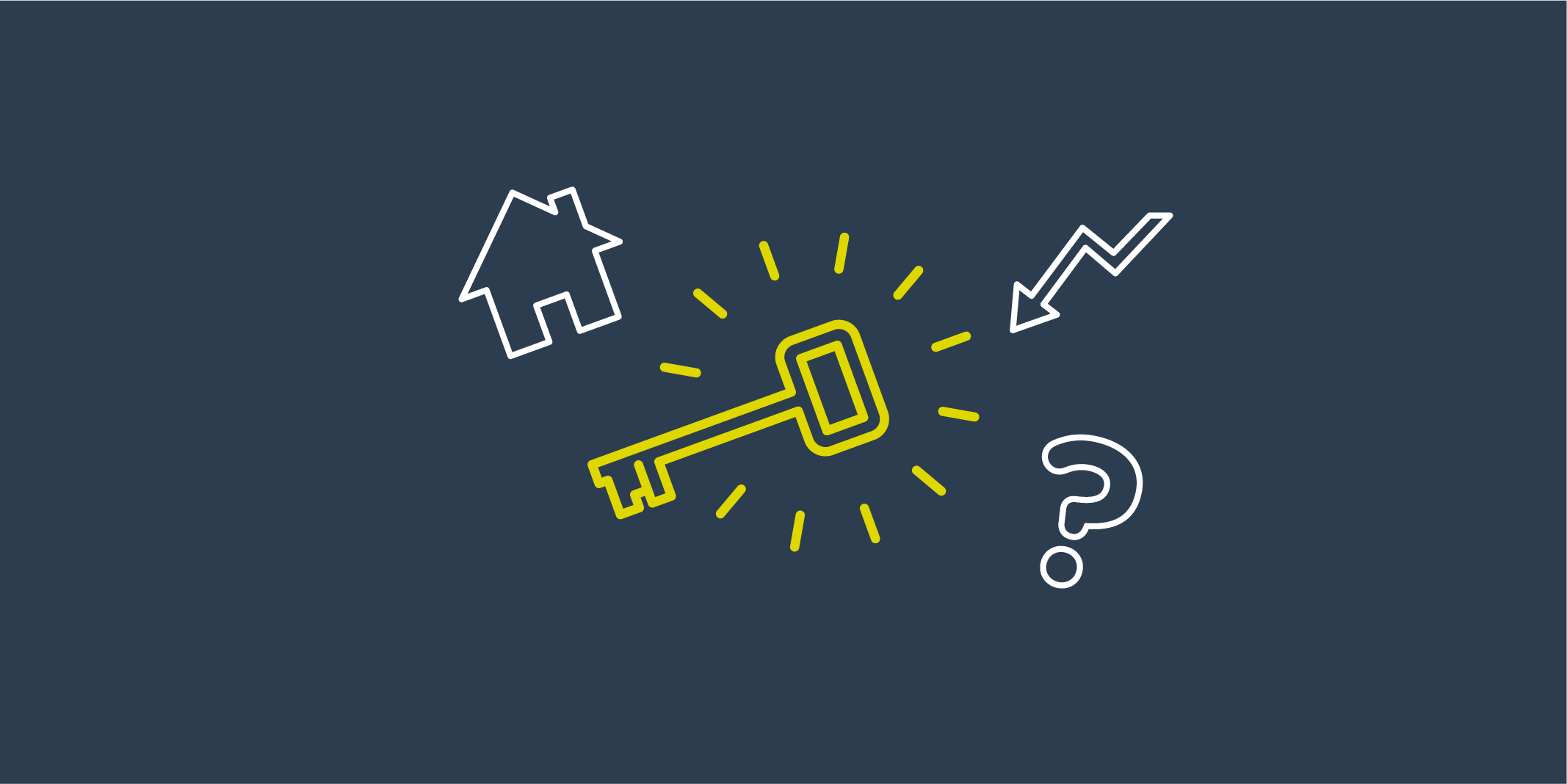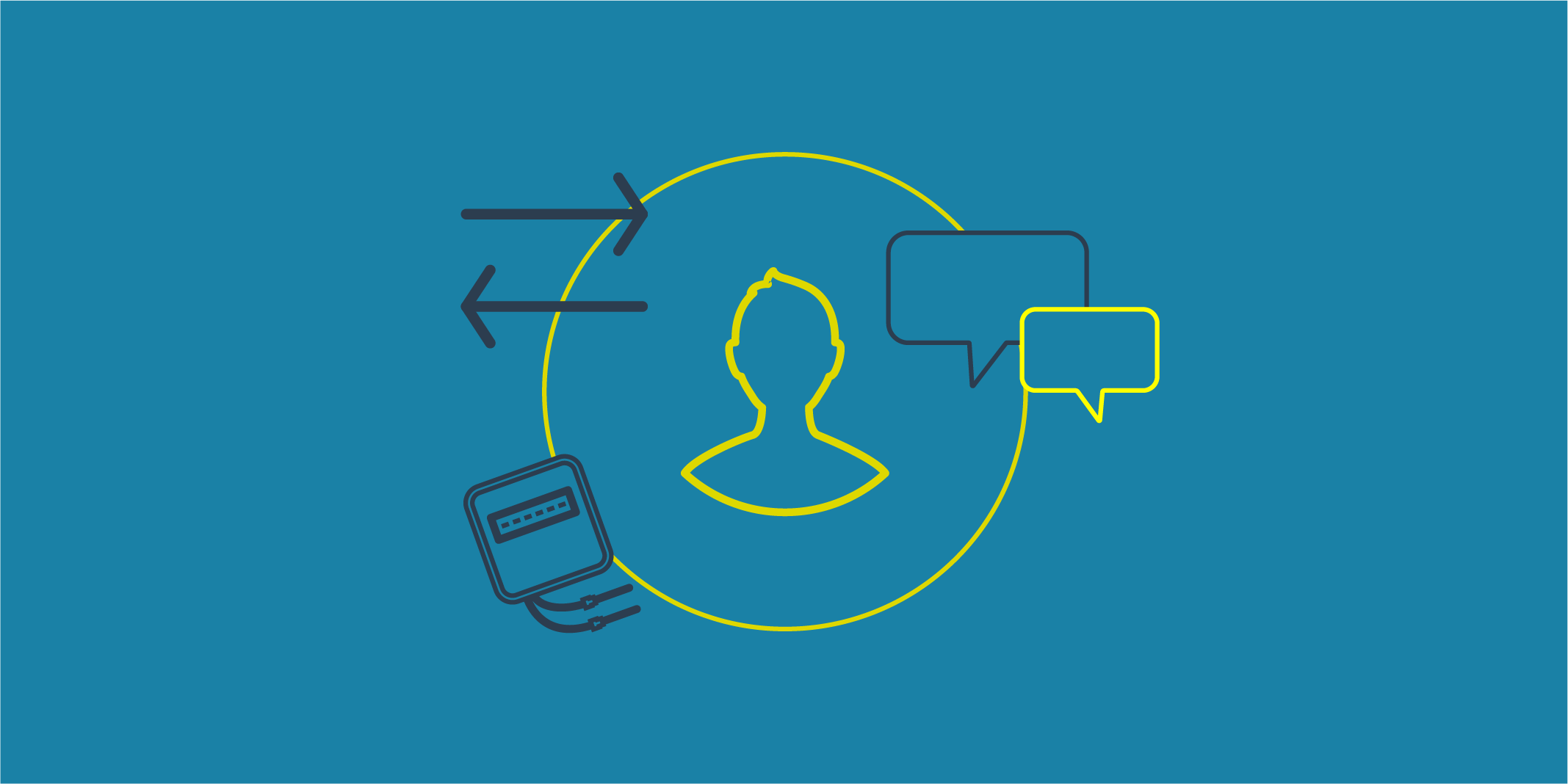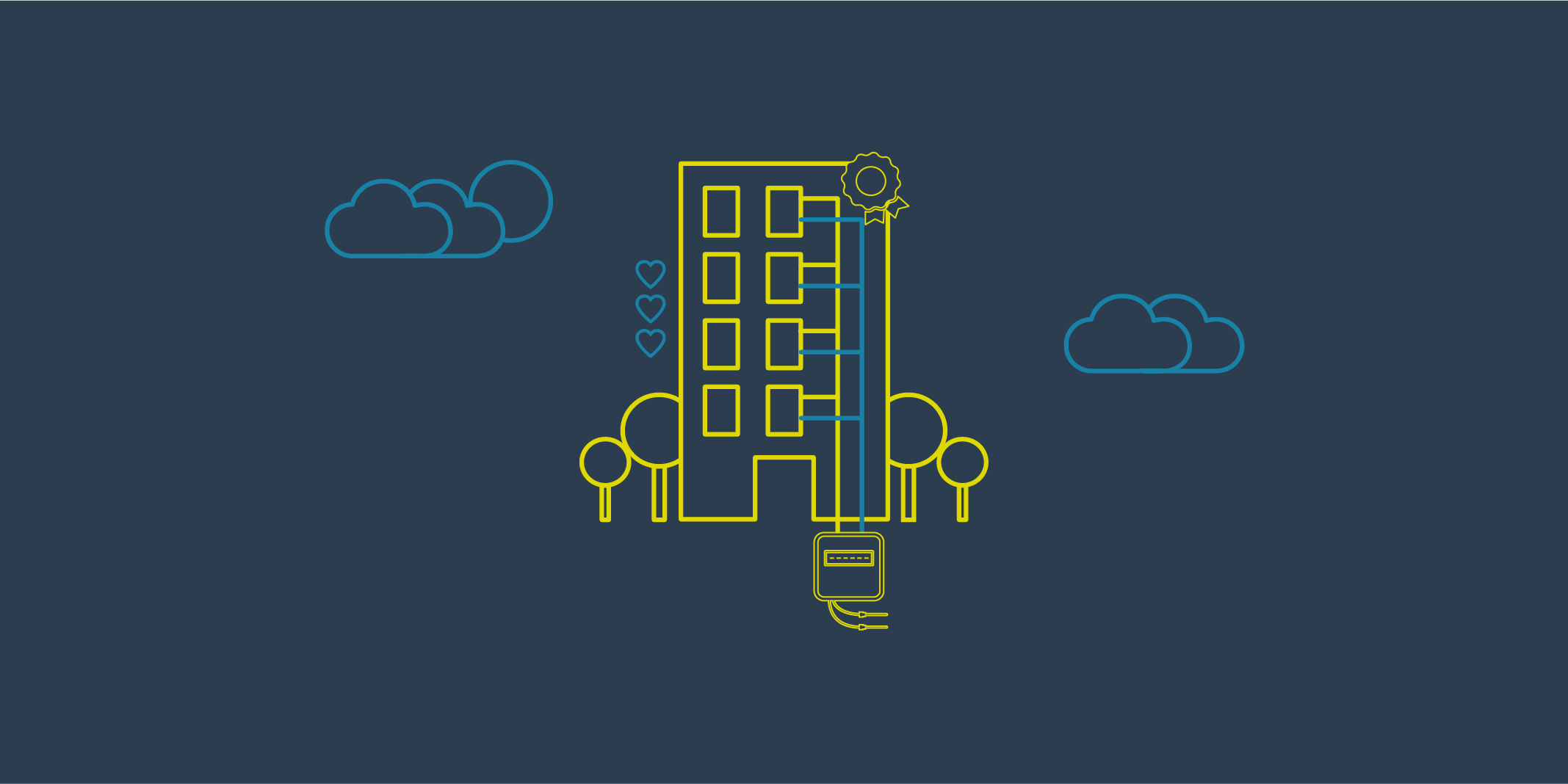Am I responsible for my tenants debt?
 |
If you own a property connected to a heat network, or a private utility network, you may well be responsible for any utilities debt incurred by your tenant.
This does depend on your property lease and/or energy supply agreement. If the agreement is between you and the supplier then it is likely you will be responsible.
This is a common problem when an owner or landlord does not realise this potential liability, especially as this is different to other utilities, where the contractual relationship can be between the occupier and utility provider.
The reason this is often different is down to the contractual and pricing models on heat networks and private utility services.
If we think contractually, the property lease and/or energy supply agreement will specify responsibilities and liability for any debt incurred. If the contractual position is that you as the property owner or landlord are responsible, then this is clear.
The reasons behind this often come down to logic and the pricing model, where the tariffs and costs on heat networks are set for that individual network and any debt directly impacts on the tariff for other owners and occupiers. This is not spread across a vast portfolio like with other utility suppliers.
This can be compared to other communal building costs, such as service charges that also remain the owner or landlord’s responsibility.
This can change across heat and private utility networks, so it is always worth checking when purchasing a property or looking to rent out your property.
Even if you are ultimately responsible for the debt, it can be convenient to still register your tenant to receive their own bills and even include this responsibility in the tenancy agreement. If you do include this in a tenancy agreement, it does not supersede the fact you may be ultimately responsible, depending what is set out in the lease and/or energy supply agreement.
You can easily register your tenant on mysycous.com by clicking here. This also means the tenant can have their own online account to easily monitor and pay their utility costs.
As an owner or landlord, you may also be notified if an account enters a debt situation, so ensuring you keep your forwarding address and email address up to date is essential. You should also check the account has been cleared before refunding any deposits that have been held at the beginning of a tenancy.
For more information, you should check with your conveyancer or solicitor during the purchase process, or the building managing agent.
For further help understanding your duties as a landlord of a property on a heat network, please check out our Landlord Help and Support section. The mySycous support team can also help with registering tenants and any other help you might need, please Get in Touch.




